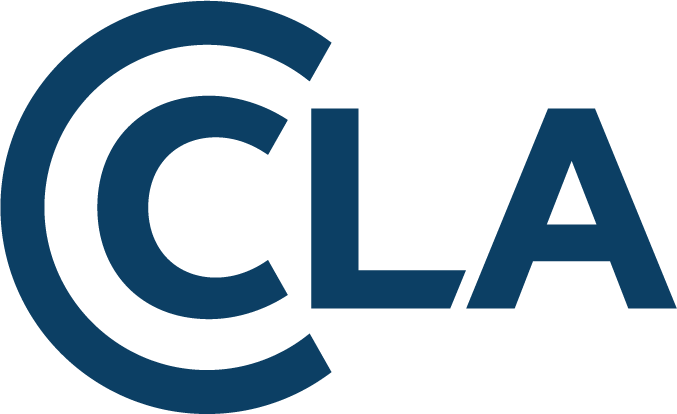
The pharmaceutical and medical communications industry relies heavily on the use and dissemination of scientific journals, research papers, medical reports, and other publications, all of which are protected by copyright. These materials are the backbone of research, development, and collaboration, with journal articles providing insights into drug safety and side effects, case studies informing new treatment strategies, research papers sparking drug discovery pathways and regulatory reports shaping the future of patient care. This knowledge exchange ultimately accelerates innovation by ensuring reliable content is reused ethically and responsibly.
The CLA Pharmaceutical Licence is a collective licence, covering millions of works from thousands of publishers, including works from over 40 territories worldwide. This licence offers a solution to the industry, simplifying content sharing for research development, regulatory processes, and internal collaboration, as well as collaboration with external partners.
Developed in consultation with the industry, this licence is fully tailored for pharmaceutical, life sciences, biosciences, and medical communications organisations. An extension to the main CLA Business Licence, it offers additional permissions designed for healthcare companies’ everyday information and regulatory needs, including:
- Permission to make copies from millions of works from thousands of publishers, including from over 40 territories worldwide.
- External sharing of single licensed copies with healthcare providers, patients, and carers.
- Regulatory submissions and patent applications in any jurisdiction.
Understanding reuse rights and copyright compliance is critical. We discussed these complexities with Leslie Lansman, Global Permissions Manager at Springer Nature, exploring how the CLA Pharmaceutical Licence safeguards companies and promotes ethical content sharing.

Key takeaways:
- Published content provides tangible value to pharmaceutical, life science, and medical communications professionals: Access to reliable, accurate, and up-to-date STM content is essential for pharmaceutical and medcomms professionals to share, use and reference. The CLA Pharmaceutical Licence facilitates the use of this valuable content by simplifying copyright compliance and ensuring professionals can readily access and share the most relevant and verified information.
- The CLA Pharmaceutical Licence streamlines content sharing and enhances reliability: It eliminates the need to contact rights holders directly, reducing administrative burdens and saving valuable time. The licence’s clear guidelines ensure ease of use and promote confidence in sharing accurate and verified content. By working with publishers, CLA ensures that the content shared under the licence is subject to rigorous research integrity standards, further enhancing the reliability of scientific information in the pharmaceutical industry.
- Mitigate risk and support collaboration: The CLA Pharmaceutical Licence clearly defines sharing limits, enabling pharmaceutical and medcomms professionals to easily determine when additional permissions are necessary. This proactive approach prevents unintentional copyright infringement, which can lead to costly legal disputes and damage valuable relationships with publishers. By adhering to the licence’s guidelines, pharmaceutical companies not only avoid potential legal issues but also foster a collaborative environment with publishers who are eager to support the legal and effective sharing of verified information.
- Dispelling copyright misconceptions: Pharmaceutical and medcomms companies demonstrate a commitment to ethical research by ensuring their employees use verified versions of articles. This is crucial in an industry where decisions based on inaccurate or misleading information can have significant consequences. The CLA Pharmaceutical Licence helps clarify copyright rules and dispel common misconceptions, such as the belief that paraphrasing or using “free to read” content equates to permission for reuse. By educating employees on copyright law and the licence’s provisions, companies can foster a culture of respect for intellectual property and ensure compliance with legal requirements.
- Ensuring integrity and accuracy of scientific communication: Licences, like the CLA Pharmaceutical Licence, ensure the accurate dissemination and attribution of scientific content, upholding the integrity of research and preventing the spread of outdated or problematic information.
- Future of STM publisher and pharmaceutical industry partnership: Publishers are committed to responsible content management and fostering collaboration with users who have legitimate reuse interests. Licences, such as the CLA Pharmaceutical Licence, ensure ongoing compliance and access to the latest scientific information.
But how can pharmaceutical and medcomms organisations ensure that their content reuse is ethical and compliant? How does CLA’s Pharmaceutical Licence streamline content sharing for the sector?
Read the full Q&A with Springer Nature’s Leslie Lansman and learn more about how the CLA Pharmaceutical Licence can help ensure that your organisation can stay compliant here: https://link.cla.co.uk/pharmatech


